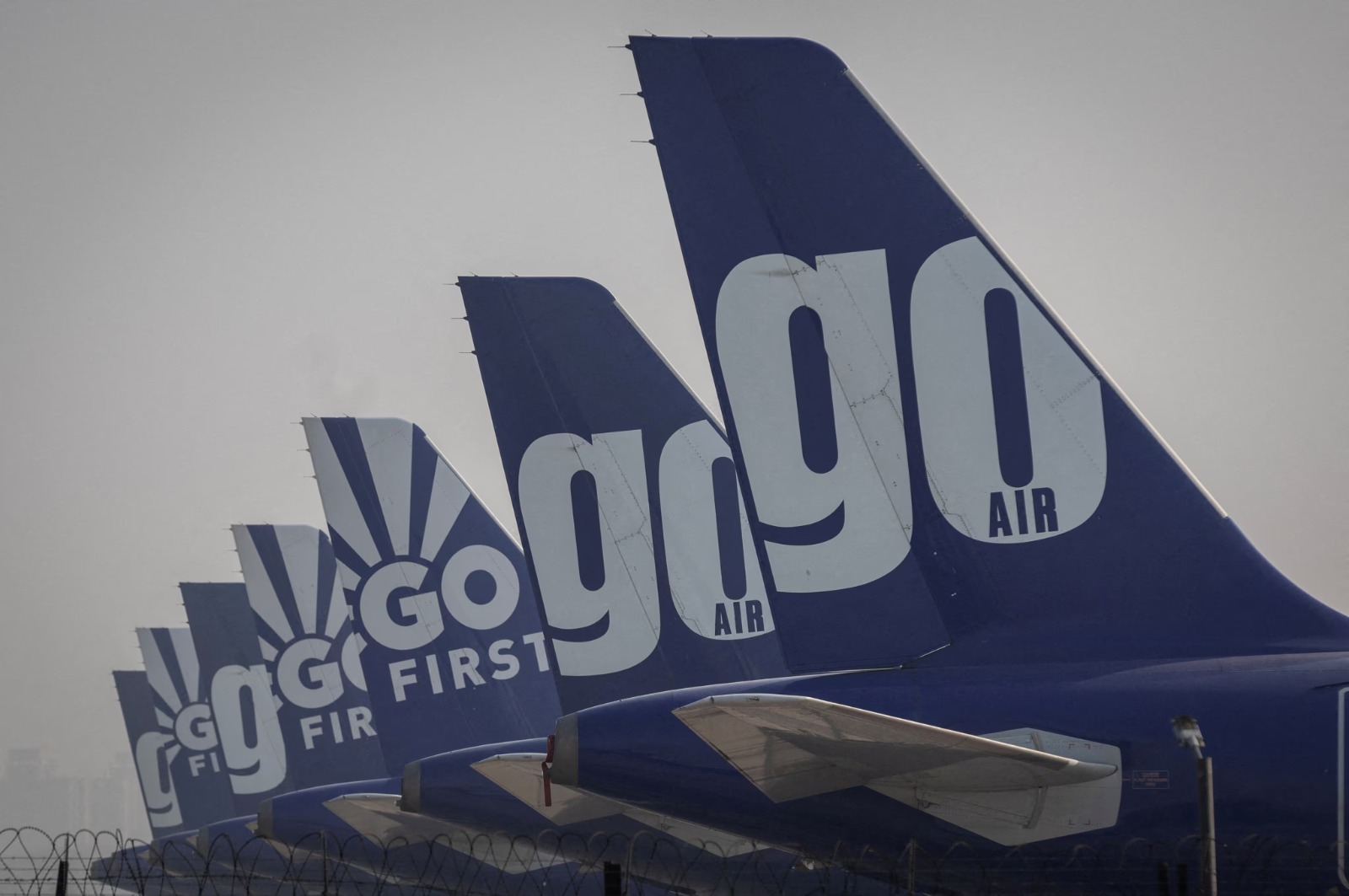Global aircraft lessors are protesting India’s draft aircraft repossession rules that require settling various employee and local dues before reclaiming aircraft, risking delays and higher financing costs. The rules challenge international norms and may impact India’s aviation sector growth and investor confidence.
A coalition of international aircraft lessors and financiers has raised significant objections to India’s newly proposed draft rules on aircraft repossession. The draft, released by India’s Civil Aviation Ministry to implement the Cape Town Convention (CTC), mandates that lessors must first clear various outstanding dues—such as employee wages, provident fund contributions, airport fees, navigation charges, fuel bills, and GST—before they can reclaim leased aircraft from distressed Indian airlines. Industry insiders and global lessor groups warn this will complicate recovery efforts, delay repossessions, and hamper financing, potentially increasing leasing costs for India’s aviation sector.
Key Highlights:
Criticism of New Conditions: The draft rules introduce requirements that clash with international norms. Lessors must now settle numerous third-party dues before aircraft deregistration and export, creating potential bottlenecks in repossession processes.
Impact on Recovery Timelines: Industry executives warn that disputes over even minor dues could hold up aircraft repossession for weeks, increasing operational and legal risks. The previous cap of three months on airport and navigation charges has been removed, which may lead to indefinite accumulation of charges.
Concerns Over Liability: Legal experts highlight that many of these dues, such as employee salaries, are unrelated to lessors, unfairly shifting liabilities onto them and violating principles of the Cape Town Convention.
Risk to Financing and Leasing Costs: With nearly 80% of India’s commercial aircraft fleet leased, these draft rules are feared to raise financing risks and costs. Lessors emphasize that they prefer airlines to succeed and repossession should be a last resort, but the rules could discourage foreign investment and leasing.
Industry and Government Responses: The Aviation Working Group (AWG) has flagged India on its CTC Compliance Watchlist due to issues with these rules, urging reconsideration. While India’s government has been working to boost its aviation sector, these rules may undermine progress by complicating asset recovery.
Background Context: The controversy follows delays in aircraft repossession during the bankruptcy of Indian airline Go First in 2023, which frustrated lessors globally and drew attention to the need for clearer regulations.
The Economic Times, Reuters, The Hindu Business Line, Business Standard, LinkedIn aviation experts, Reuters

